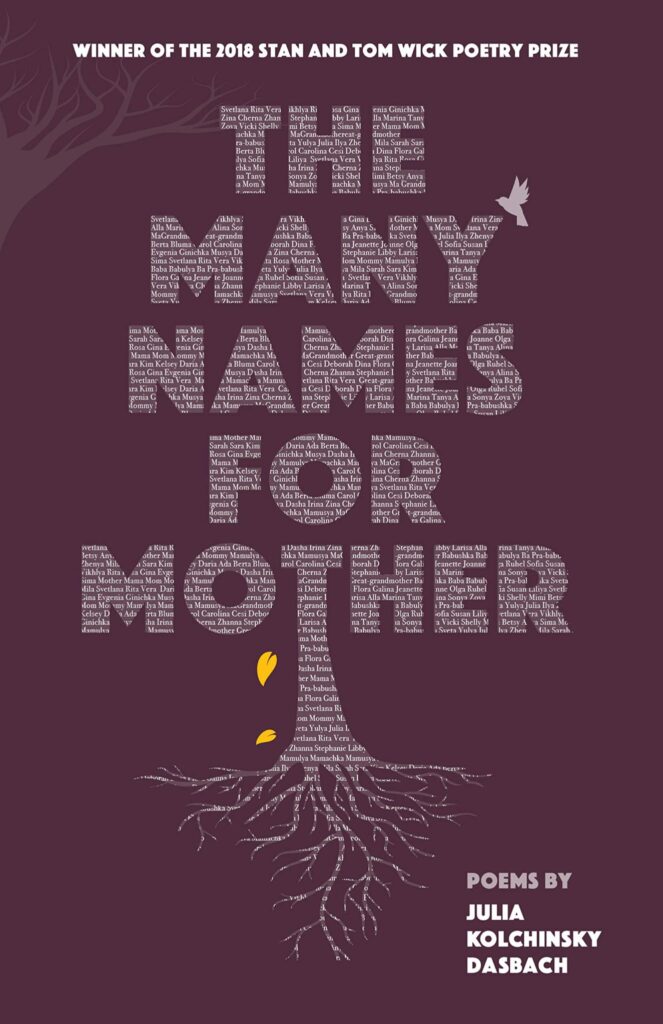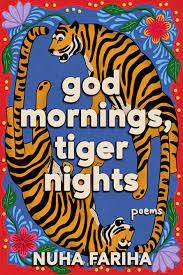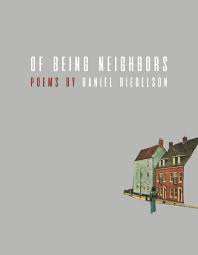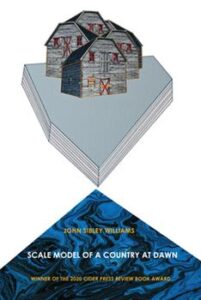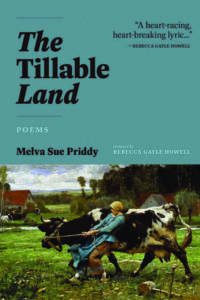Reviewed by Emily Bradley // December 2, 2019
The Kent State University Press, 2019
Paperback, 98 pages
Julia Kolchinsky Dasbach’s The Many Names for Mother is a collection of bravery. By this, I do not mean merely that the poet herself is brave in sharing her art – though she is – or that her poetry looks the hardships of motherhood square in the eye – though it does. Dasbach approaches her subject in a movingly matter-of-fact way, with neither flippancy nor self-indulgence. I mean that this book is a record of small and large acts of bravery across landscapes and generations. I mean that Dasbach probes the idea and experience of motherhood through all means – social, linguistic, physical, historical, formal – with a determination to accept what she uncovers.
While the collection’s theme is expansive, the speakers of Dasbach’s poems do not roam blindly. Each truth or tension she offers is grounded in viscerality, most often of the human body. In the first of the “Other Women Don’t Tell You” series that binds the collection, the speaker – after mourning the corporeal destruction that is the price of motherhood – muses “…my body was an ark once.” Juxtaposing images of her still dilated cervix and clumps of lost hair with the body of her newborn child, she distills into a mere thirty one lines a reality perhaps too frightening or freeing for others to tell: “How your hands / would never keep up.”
In another iteration of the “Other Women Don’t Tell You” series, this in the book’s third movement, the speaker links the imperfections of her child’s physical existence – a runny nose, a bruised elbow – to the blame for such imperfections that mothers are so often burdened with. This equation of corporeal and moral failings highlights the harsh absurdity of the judgement mothers both bear and exact on one another, while at the same time establishing an intellectual space in which the body becomes a projection of past realities. Noting a birthmark on her son’s body, she concludes, addressing herself, “that one’s especially your fault,” imagining the pressure of her anxious fingertips reaching through the womb and “marking him afraid, / the history he comes from / in perpetual, dark bloom.” Thus, a birthmark becomes the embodiment of her child’s violence-ridden heritage.
Central to Dasbach’s exploration of maternity is the idea of intergenerational trauma, and she again utilizes language of corporeality to access truths across time and landscape. Her Jewish and Ukrainian heritage and identity as a first generation American announces itself as a source of poetic tension from the first page. “Against Naming,” the book’s opening poem, features a speaker confiding in her yet unborn child that she has made a pilgrimage to Auschwitz, “Against / my family’s urges, against even your future / ones, maybe,” in order to confront a history that, while she is privileged with the opportunity to leave in the past, across the Atlantic, she chooses to remember. Ending on the idea that the speaker will give her child a name “unmarked / by ancestry or first generation or Slavic…” the poem enters into dialogue with a dissonance central to the rest of the book: the distance between remembrance and memorial.
The Many Names for Mother is a record of a mother’s measuring the space between her history and her child’s future. “Remember,” she instructs in “Letter To My Son,” “here you are a white man…. Know, across the water you are dark.” While repeating orders for her son to recognize the violence that brought him into a relatively privileged existence, the speaker also emphasizes his separation from past persecution. This tension also is grounded in the body. Through literal and figurative description of her son’s newborn body, the poet questions what inherited trauma looks, feels, and even sounds like:
the dead under
your skin your feet inside your mouth
They crack your white bones
milk teeth raw gum line still sealing soft spot.
Her passion for linguistics – clear through the whole of the collection – here opens up additional layers of understanding and embodiment of this history. Into this same, very serious poem, Dasbach manages to weave light through wordplay, reaching toward a gestalt more beautiful than its historical and physical fragments and allowing her child to exist on the page as a sovereign being, recognizing even his mute, infant form as more than a convenient poetic image:
But remember, little sun, you are more
… than body or metaphor can make you
or color name you or land and water divide you
more than ma or man or mine.
While the book roams across time and space to access diverse portraits of motherhood, it is also self-aware as a work of art. Part of Dasbach’s bravery as a poet is her willingness to admit the limitations of her own voice in addressing narratives that exceed her own experiences. An anxiety of appropriation burdens but does not restrain her work – rather, in the face of this fear the poet challenges herself to address the stakes of writing in the liminal space between known and unknown, using this tension as yet another point of access to the question of what it means to be a mother. This is best exemplified in “The Question,” arguably the only persona poem in the whole collection, written in the voice of the poet’s mother. Here, Dasbach measures the pain and privilege within her choice to speak intergenerational stories and the degree of truth she can and cannot achieve in doing so as the American-born daughter of a Ukrainian immigrant mother. “Is the only difference in our accounts,” the mother’s voice asks,
accent and accent-less? Is hers more vivid?
Its gaps filled in by years of stories.
So young, she never could have seen
the places cast now in a worded half-light.
Still, she captures them and calls it
art, calls it poetry, calls, without
hearing me say: I lived that thing you like to reimagine –
Dasbach’s questioning the potential of her poetry to distance herself from its subject is paradoxically among the many things that makes her a great poet. Hers is a voice worth listening to and learning from. The Many Names for Mother is haunted and haunting, and like all worthwhile poetry, unafraid to confess, simultaneously, “I don’t know,” and “I know all too well.”


